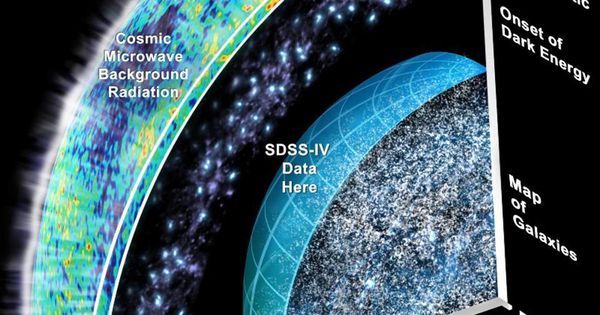The announcement that a London man has become the second in the world to be “functionally cured” of HIV is a major advance in stem cell transplant therapy.
The man — who wishes to remain anonymous — was given stem cells from a donor with genetic resistance to the disease and he has now been in long term remission for 18 months without medication.
The breakthrough comes ten years after the first such case of a patient with HIV going into sustained remission, known as the ‘Berlin Patient.’








